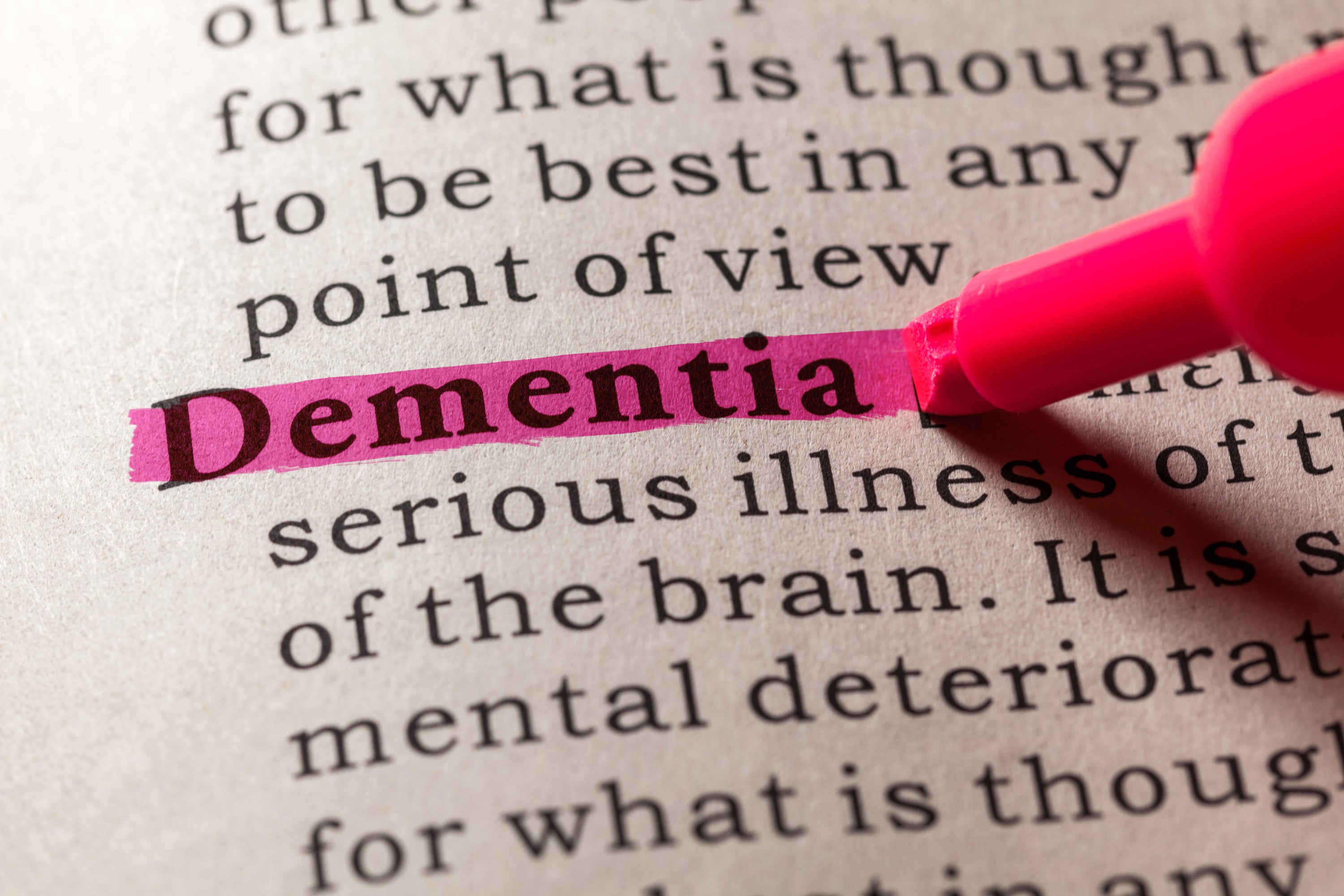World Alzheimer’s Month: 7 things you might not know about dementia
Experts explain some lesser-known facts about the condition. By Katie Wright.

Your support helps us to tell the story
From reproductive rights to climate change to Big Tech, The Independent is on the ground when the story is developing. Whether it's investigating the financials of Elon Musk's pro-Trump PAC or producing our latest documentary, 'The A Word', which shines a light on the American women fighting for reproductive rights, we know how important it is to parse out the facts from the messaging.
At such a critical moment in US history, we need reporters on the ground. Your donation allows us to keep sending journalists to speak to both sides of the story.
The Independent is trusted by Americans across the entire political spectrum. And unlike many other quality news outlets, we choose not to lock Americans out of our reporting and analysis with paywalls. We believe quality journalism should be available to everyone, paid for by those who can afford it.
Your support makes all the difference.September is World Alzheimer’s Month, which aims to raise awareness and challenge the stigma surrounding Alzheimer’s and dementia.
First off, Caroline Scates, deputy director of Admiral Nurse development at Dementia UK, points out that Alzheimer’s and dementia are not the same thing.
“Dementia is an umbrella term for a range of conditions affecting the brain, which get gradually worse over time,” Scates explains – with symptoms commonly including problems with memory, thinking and communication, leading to a reduction in skills required for everyday living.
“There are over 200 different sub-types. Alzheimer’s disease is one of these and it is the most common form of dementia, caused by a build-up of proteins called amyloid and tau in the brain, which result in the death of brain cells.”
That’s not the only thing that’s often misunderstood about these conditions. Here, experts talk us through seven other common misconceptions about dementia…
1. Dementia can affect people at any age
While people over the age of 65 are more likely to receive a diagnosis, dementia doesn’t just affect the elderly.
“Frontotemporal dementia is most commonly diagnosed between the ages of 45 to 65, though people can get it earlier or later in life,” says Fran Vandelli, a dementia lead for Bupa Care Services. “There are broadly two types of frontotemporal dementia, which usually start with changes to behaviour and emotional control, and/or problems with language.”
2. It’s not always hereditary
Just because a parent, grandparent or other family member has dementia, it doesn’t automatically mean you will get it too.
“Developing dementia isn’t inevitable, and there are so many factors that play a part in health and mental wellbeing that it makes more sense to focus on living well and staving off decline of all kinds,” says Vandelli.
“There are some rare types of dementia that can be inherited, but with these the disease tends to develop earlier in life, and in rare cases people can start showing the signs in their 30s.”
3. Diet and dementia are linked
“Type 2 diabetes and high blood pressure are both linked to a higher risk of Alzheimer’s and vascular dementia,” Vandelli says.
Generally speaking, being overweight can mean we’re more likely to develop conditions like type 2 diabetes and high blood pressure, which is why a healthy diet may help reduce your risk.
Vandelli advises: “Try to avoid processed or fatty foods – including sausages and burgers, ready meals, cakes and biscuits – as these can increase your cholesterol, which is detrimental to your blood vessels and cardiovascular health.”
4. Staying active can help prevent dementia
In addition to a healthy diet, exercise and movement – it doesn’t have to be a strenuous workout – can help reduce your risk of dementia.
“Including dancing to your favourite music,” Vandelli says. “Staying active and involved in hobbies helps maintain physical strength and dexterity. It can also help manage our weight and blood pressure and it’s great for your mental health too.”
5. A person can continue to live positively following a diagnosis
A dementia diagnosis doesn’t always mean someone’s quality of life will suddenly deteriorate.
“Many people are able to continue working, driving and living full and productive lives after a diagnosis of dementia,” says Scates. “Although there is no cure for dementia, there is specialist care.”
Vandelli agrees: “With the right support and some practical changes, it’s possible to live well with dementia. Some changes that might help include getting the right support system around them, such as family, friends and healthcare professionals,” he adds. “And supporting them to continue with their normal routines, including activities and hobbies they enjoy.”
6. You shouldn’t always correct someone with dementia
“People with dementia can become confused and disorientated, leading them to believe things that are not true – known as ‘false beliefs’ or ‘delusions’,” Scates says.
While it may be tempting for friends or family to try and correct them, that’s not always the best approach. “In these instances, it’s better to try and explain in a calm and reassuring way what’s happening without challenging or correcting them, to ease distress.”
7. Contrasting colours can help dementia patients navigate
Getting around the home can be tricky for those experiencing issues with depth and distance perception.
“Using contrasting colours can help people with dementia navigate their homes and other environments,” says Vandelli. “For example, changing the colour of bed linen or furniture can make it more easily distinguishable from the colours of walls and carpets. Highlighting the seat of a chair can give people something to aim for when sitting down, whilst strips on the edge of the table can help it stand out.”